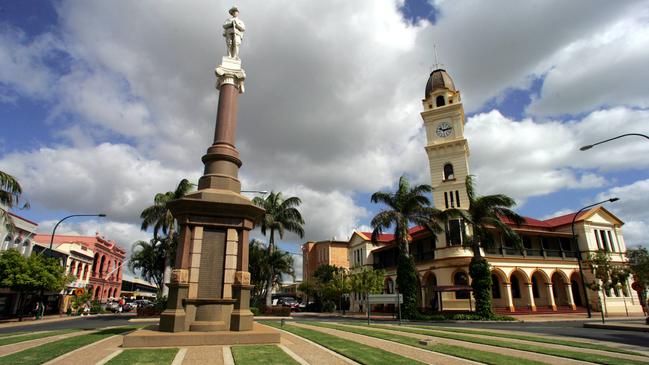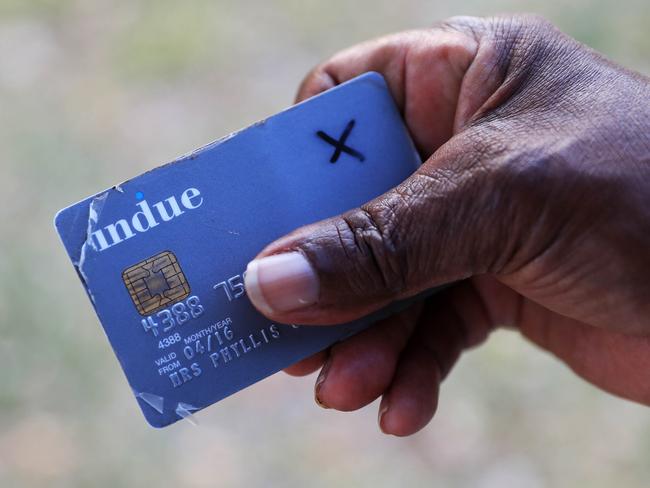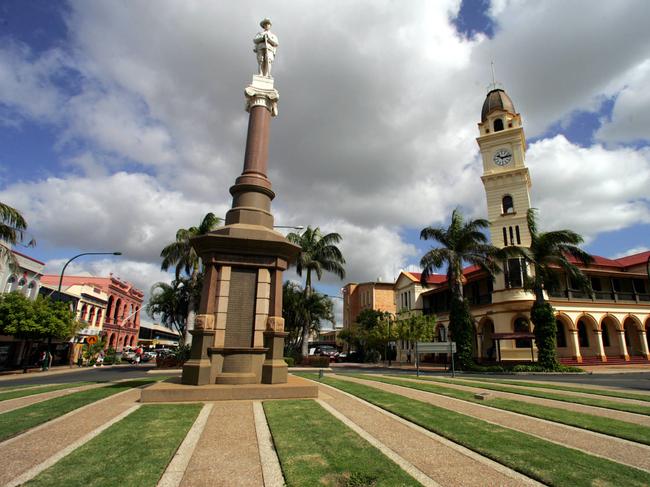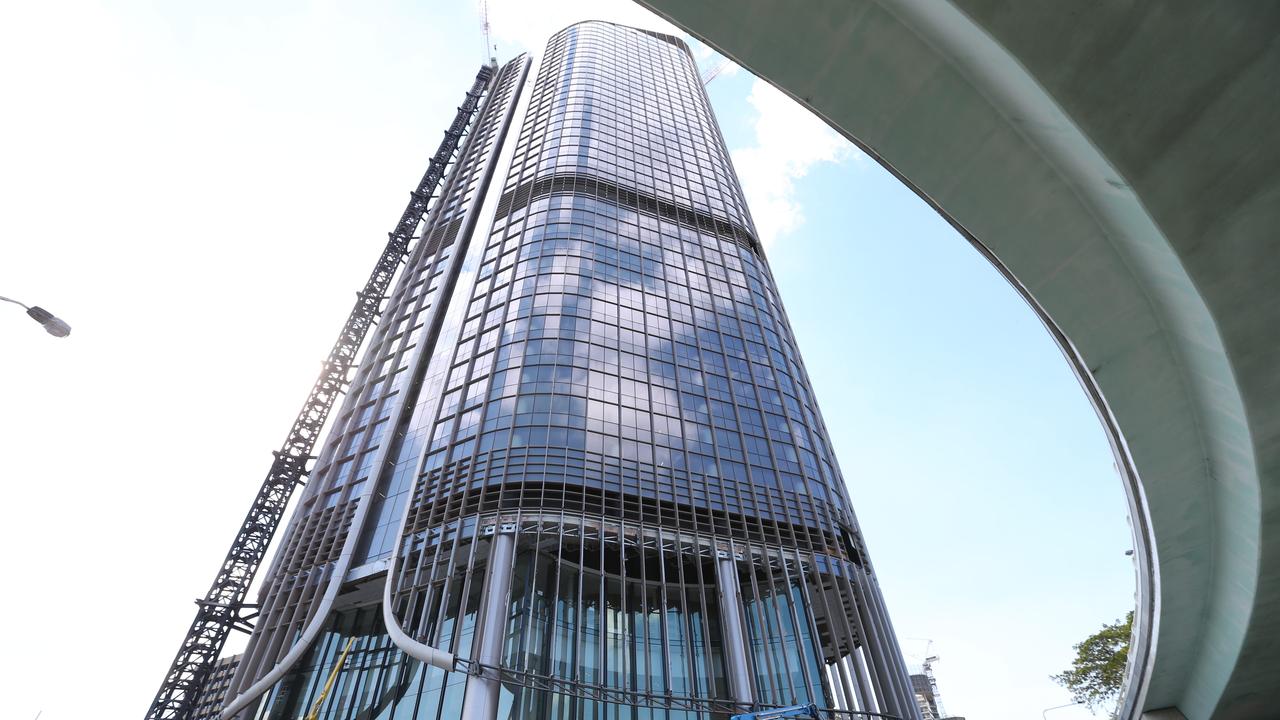Protests expected as cashless welfare card rolled out in Bundaberg
Protests are expected in a Queensland community as the controversial cashless welfare card is rolled out in the region.

QLD Politics
Don't miss out on the headlines from QLD Politics. Followed categories will be added to My News.
PROTESTS are expected in Bundaberg today as the controversial cashless welfare card is rolled out in the region.
It is the first time the welfare measure — which quarantines about 80 per cent of dole payments so they can’t be used for drugs, alcohol or gambling — has been trialled outside a predominantly indigenous community.
Crystal-ball predictions for 2019
While about 6000 welfare recipients in Bundaberg and Hervey Bay are expected to take part in the two-year trial, it will begin with a small number of people being signed up from today.
Member for Hinkler Keith Pitt said initially about 50 to 80 people would be put on the card a day as the trial got under way.
“I expect there will be protests again, most of which aren’t local,” Mr Pitt said.
“But I’m more concerned about what happens here and making sure kids get fed.
“It’s about making real change for people that do need support and this is the only deal that’s on the table.”
Labor has pledged to scrap the scheme in Hinkler if it wins power at the May election, with Opposition Leader Bill Shorten last week reiterating the promise.
“If elected, it is our intention to roll it back. It mightn’t be possible to unscramble all the parts of the egg,” he said.

“We can’t necessarily save all the money that they’ve spent, but it is our intention to roll it back.”
Labor has argued the cashless debit card is overly punitive.
Bundaberg and Hervey Bay were selected for the trial due to high levels of welfare dependency coinciding with high levels of social harm.
It will apply to people aged 35 and under who are receiving Newstart, Youth Allowance or parenting payments.
Under the system, about 20 per cent of the welfare payment goes into the recipient’s bank account, or $200 every 28 days.
The other 80 per cent is quarantined to be used at stores for products and services other than alcohol, gambling or withdrawing cash, as well as at pre-approved online stores or to pay bills.



